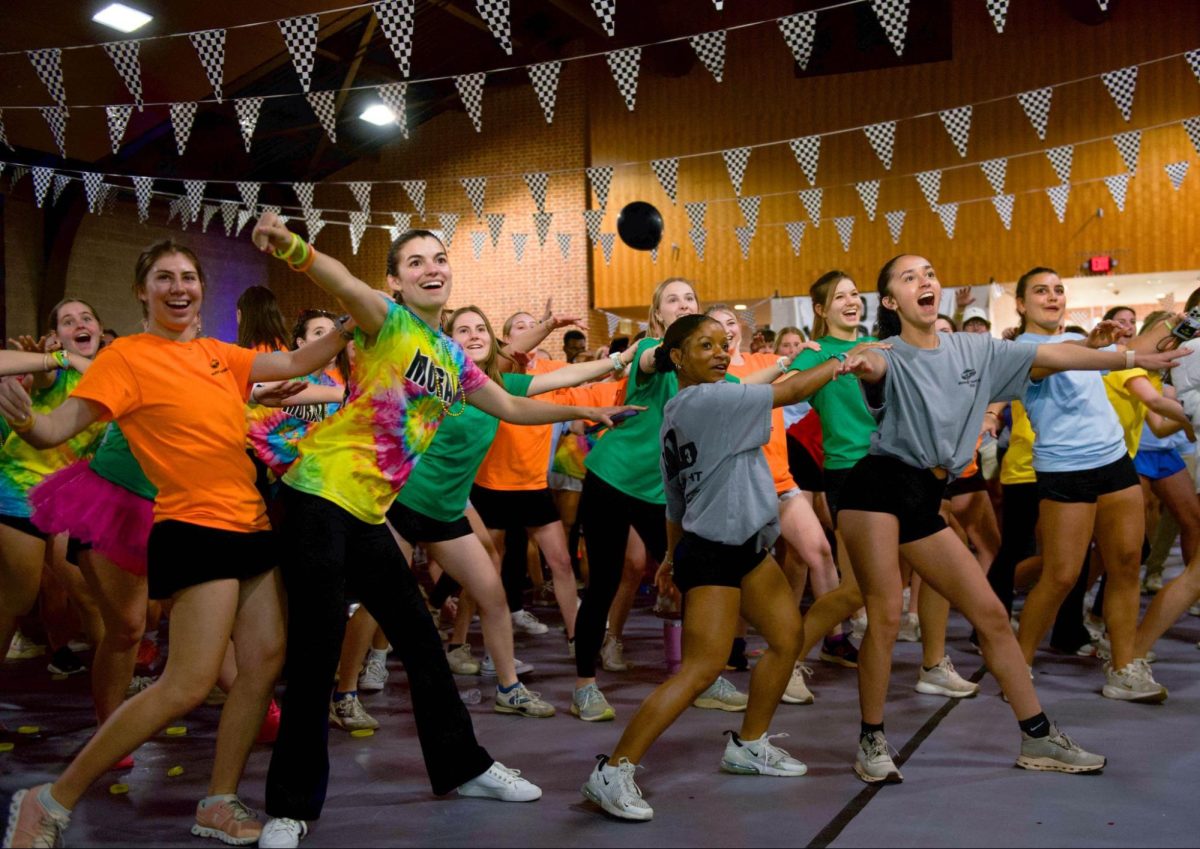
There are reasons to be more concerned about election misinformation this year than in years past. We need not look further than the last month of discourse on the social platform X, formerly Twitter, to figure out the public discourse we might expect after the polls close on Nov. 5.
Hurricane Helene resulted in a torrent of misinformation, culminating in Federal Emergency Management Agency (FEMA) briefly pausing operations due to threats by a militia in the region. Many online recklessly speculated that FEMA was seizing land and homes in storm-battered Appalachia. FEMA, of course, was not there to impose eminent domain (nor do they have the power to do so). Those threats, spurred by false information, resulted in serious harm to already-hurting communities, undermining efforts to bring relief to the area. There’s no other way to say it: it’s despicable.
The truth is, the sunk-cost fallacy is a powerful drug. When you put time, resources and energy into believing in something or someone, it can be hard to divorce yourself from it — even if it’s problematic or disappointing. Or, in the case of elections, even if your candidate loses. When you add misinformation to an already roaring blaze of passion and disappointment, the results can be explosive and dangerous.
The Old Gold & Black is committed to combating the spread of false information. We are proud to present the 2024 election edition, where you will find 13 stories dispersed over 20 pages exploring the upcoming election. The OGB publishes this edition as a part of our commitment to providing our readers with information and resources to make an informed decision at the ballot box over the next few weeks.
The Wake Forest community is responding to the election, and we strive to document this response through accurate and thorough reporting. You will find a how-to guide for voting in News, hear from first-time voters in both News and Opinion and get an in-depth look at goings on of the election itself in City & State. Environment is also continuing to follow the lasting effects of Hurricane Helene, covering how it has affected voting in North Carolina. Our election reporting on election night itself will be focused, accessible and always, always accurate — verified to the highest degree.
Misinformation about the ballot counts is inevitable. A reminder: some states legally cannot tabulate early or mail-in votes from until after polls have closed on Election Day. That’s not fraud. It’s just slow. If, like in 2020, a candidate has an early lead that gets shrunk over the course of the night, that’s not fraud either — that’s just counting. Another reminder: networks do not decide races, they merely project them. If you want to see the numbers for yourself as they come in, go straight to the source: state government websites which post results in real-time. A final reminder: not a single court across the country found any evidence of voter fraud in the 2020 election.
The people running this election, counting the votes and working the polls are just that: people. They’re volunteers. They’re Americans. We’re Americans. For the next president, whoever it is, we owe it to ourselves to believe in a common set of truths. And it starts with accepting the results of this election — committing ourselves to doing the work necessary for a peaceful transition of power. That commitment begins right now in this paper: to the truth. To democracy. God bless America and please, go vote.













